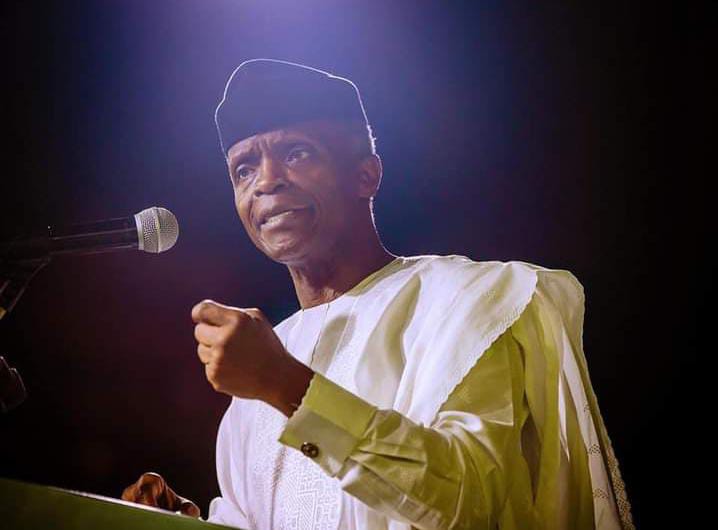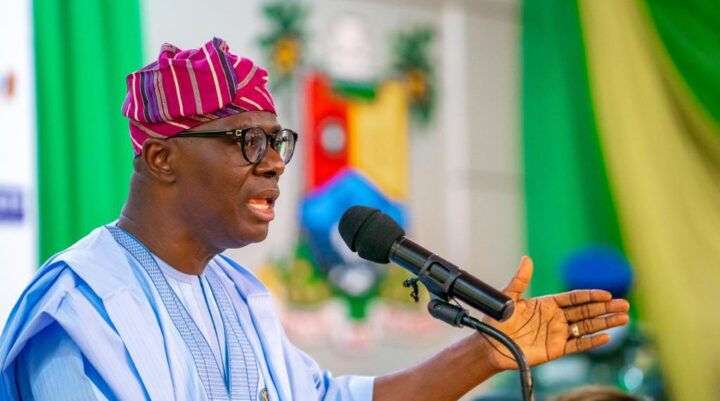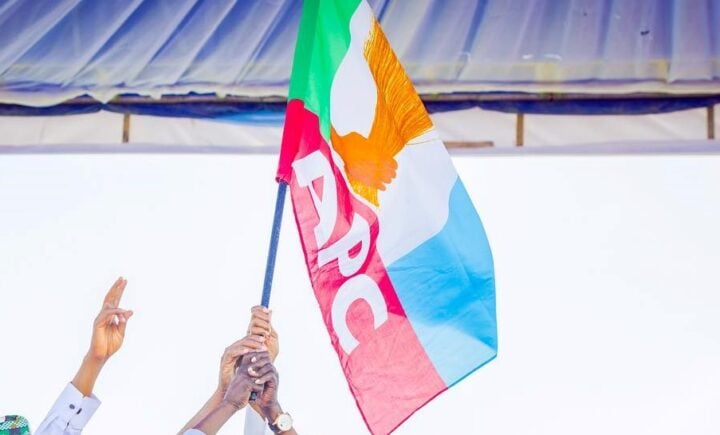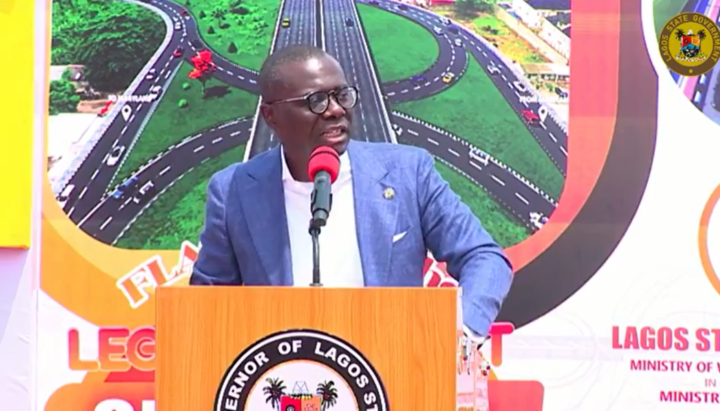BY BOLUWAJI ONABOLU
The almost unanimously negative description of Nigeria’s recent presidential elections by the global press seems to ‘putting it mildly’ buttress the grievance of the disenfranchised youth that gerontocracy and crony capitalism seem to be the entrenched system of governance in Nigeria, Africa’s most populous nation and largest economy, to the detriment of the majority.
Age, lifestyle and character are not the only concerns that are resurfacing about the president-elect septuagenarian, Bola Tinubu, after the Independent National Electoral Commission (INEC) declared him the winner of the nation’s presidential elections held on February 25, 2023.
Nigerians have also expressed doubts about his fitness for office citing his deteriorating mental and physical health, brought to the limelight on too many discomfiting occasions during his campaign. On one occasion, the septuagenarian lapsed into baby talk or gobbledygook, seemingly unable to form words that could be understood by the onlookers. On other occasions, Mr Tinubu made frequent blunders about key aspects of governance and socio-economy.
Advertisement
Mr Tinubu’s trending gaffes may have provided rich material for comedians but Nigerians are not laughing; at least not those that believe that mental and physical health are deal breakers for anyone aspiring to lead 200 million Nigerians, who are as diverse as the 400 languages they are said to speak. The septuagenarian’s refusal to engage in any presidential debate, as is customary, and his strategy of passing question after question to his aides, while he was supposedly being interviewed by the Chatham House, has not helped to douse concerns about his fitness for office.
Health issues aside, Nigerians worry that Tinubu’s public avowal to continue the legacy of the current President, Muhammadu Buhari, shows a stark separation from their lived reality, particularly as the statistics show that the living conditions of Nigerians have worsened during the rule of APC, Tinubu’s party.
Publication after publication paints a picture of falling living standards. The World Bank notes that 47.3% of Nigerians or 98 million people live in multidimensional poverty. The annual inflation rate in Nigeria accelerated to 21.82% in January 2023, the highest in 18 years, driven by weakened naira and soaring food prices. In 2020 alone, an estimated 7 million Nigerians have been pushed below the poverty line because food prices accounted for over 60% of the total increase in inflation (World Bank Nigeria Development Update). According to the National Bureau of Statistics, Nigeria’s consumer prices surged by 1.87%, the most in almost 16 years. Dishearteningly, Nigeria ranks 103rd out of the 121 countries used to calculate the year 2022 Global Hunger Index scores and relatedly, has one of the lowest net electricity generation rates per capita in the world (Energy, from The Report: Nigeria 2022 – Oxford Business Group). Youth unemployment has more than doubled since the APC took over in 2015, rising from 8.22% to 19.61% between 2015 and 2023.
Advertisement
The promise of a continued legacy is also worrying, as the insecurity inherited from PDP, the party in power before APC, has since been on a freefall trajectory. Tens and hundreds of school children are kidnapped, farm owners and workers killed so frequently, it no longer makes news and APC, Tinubu’s party, seems to have no answers.
However, as far back as 1994, the UNDP had identified the provision of basic services as a pathway to reducing insecurity; warning that “there can be no global security without human security”. Nigeria has the highest number of people defecating in the open globally and 23% of Nigerians lack safe drinking water. Supporters have cited Tinubu’s contributions as governor of Lagos state; however, for the third year running, Lagos has been ranked as the world’s third worst city to live in.
Youths (18 – 34 years) made up 39.65% of the registered voters and young Nigerians (18-49 years) 75.4%. They saw the presidential elections as an opportunity to use their votes to sorosoke i.e speak up; the cry of the EndSARs protest of 2020 and demand better services and youth participation in the governance of Nigeria. Ironically, during the EndSARs protest, Lekki toll gate in Lagos state, Tinubu’s domain was the Tiananmen Square of Nigeria.
However, during the presidential elections on February 25, video after video buttressed by eyewitnesses showed that these young Nigerians were beaten, wounded and significantly disenfranchised in their attempts to vote for any candidate of their choice.
Advertisement
Several questions remain unanswered, why after the procurement of cutting-edge technology to register voters, collate, upload votes, and pronounce results in real time, did INEC go manual? Why was INEC’s server offline for hours on the election day after voting? Why did INEC officials upload the votes alone without the polling agents of the parties, the nominated observers, or the voters?
A young Nigerian ‘Japa’ (migrates) every nine minutes according to worldpopulationreview.com in search of access to basic services and safety. It is in the world’s best interest that Nigeria works for all its citizens, particularly the youth; crucial to this is the emergence of a transformational leader through a legitimate process.
The heroine of the presidential elections, who voted still bleeding from wounds inflicted by thugs, is asking the international observers and civil society, will my vote count?
Onabolu is the president and convener of Mothers United and Mobilized, s coalition of Nigerian women in Nigeria and the diaspora, of diverse ethnic groups, religious and political persuasions, yet united in advocating for a youth-friendly Nigeria
Advertisement
Views expressed by contributors are strictly personal and not of TheCable.
Add a comment





